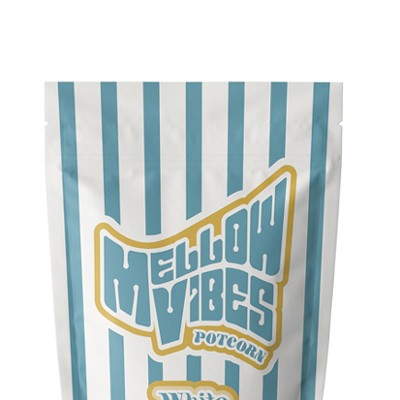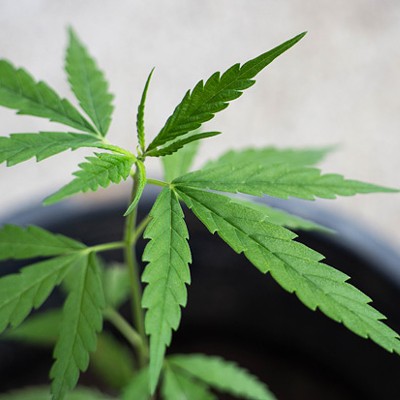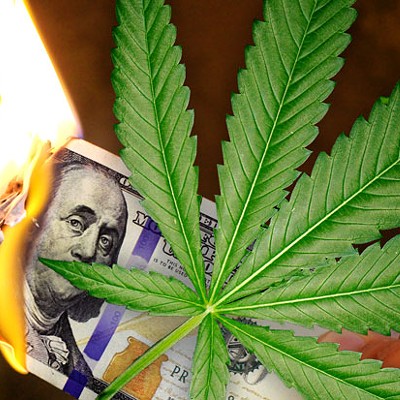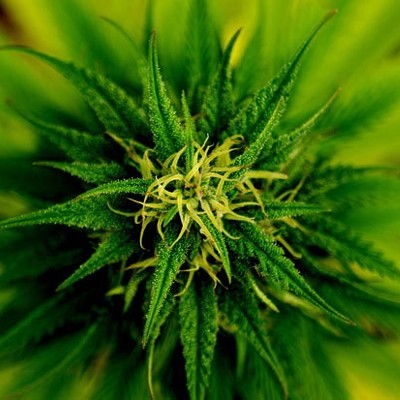Thanks to the War on Drugs, America now has the highest incarceration rate in the world. In the summer of 1969, President Richard M. Nixon called the use of illegal drugs like cannabis a growing menace and a serious national threat to the personal health and safety of millions of Americans.
Nixon declared illegal drugs "public enemy number one" in the United States and proposed legislation that Congress enacted the following year as the Comprehensive Drug Abuse Prevention and Control Act of 1970. This law established the still-current federal policy on cannabis, which states that it is a dangerous substance with no medical value.
Arrests for cannabis offenses increased substantially throughout the 1970s despite a 1972 recommendation from the National Commission on Marijuana and Drug Abuse that Congress legalize possession and sale of small amounts of cannabis. In the early 1980s, Congress increased criminal penalties for growing, selling, and possessing cannabis, and by the early 1990s arrests for cannabis-related offenses skyrocketed to unprecedented levels.
In 1986, Congress enacted mandatory minimum sentences for cannabis-related offenses, resulting in even longer sentences. The case of Weldon Angelos reached the U.S. Supreme Court, which declined to hear the case. Angelos was sentenced to a minimum of 55 to 63 years in prison in 2004 for selling a total of $350 worth of cannabis to a police informant.
In 2009, the Obama administration decided that the term "War on Drugs" is "counter-productive" and stopped using it, but it was a change in name only. This year, the American government will spend $51 billion on the War on Drugs, according to the Drug Policy Alliance.
As of 2010, 52 percent of all drug arrests are for cannabis. The vast majority of those arrests, 88 percent, are people with small amounts of cannabis, and despite equal rates of use, blacks are 3.7 times more likely than whites to be arrested for cannabis.
Last week, Harpers Magazine published remarks about the War on Drugs by one of its key architects, John Ehrlichman, President Nixon's lawyer and close advisor. He explained that the campaign intentionally set out to vilify hippies and blacks as a way for Nixon to win and keep the White House. "Did we know we were lying about drugs? Of course we did," he said.
It remains to be seen whether Ehrlichman's acknowledgement will spur any change in federal law or policy. According to the World Prison Population List released in 2013, there are 716 people incarcerated for every 100,000 of the national population in the U.S., representing 22 percent of the world's prisoners. The U.S. Bureau of Justice Statistics reported 1 in 110 adults in the U.S. incarcerated in 2013, with 1 in 35 adults in jail, prison, on probation or parole.























